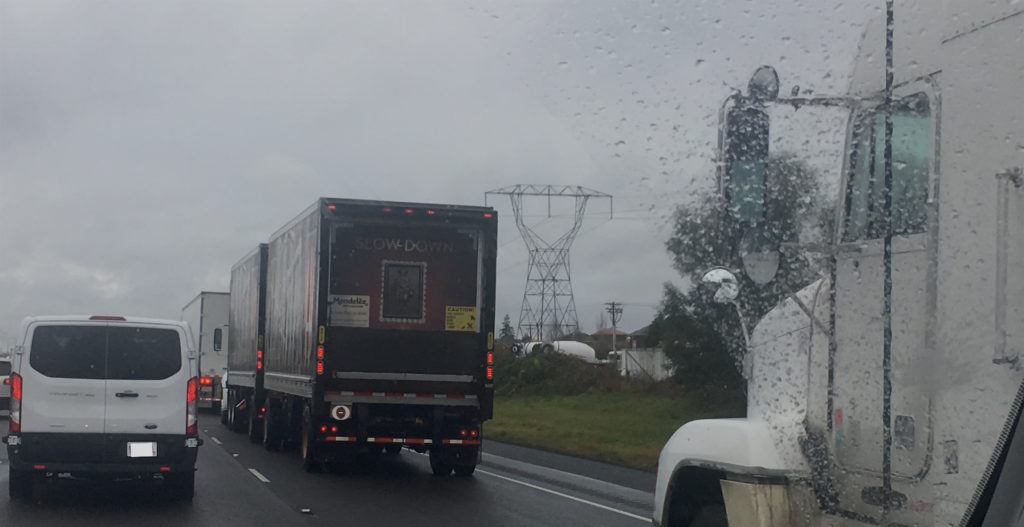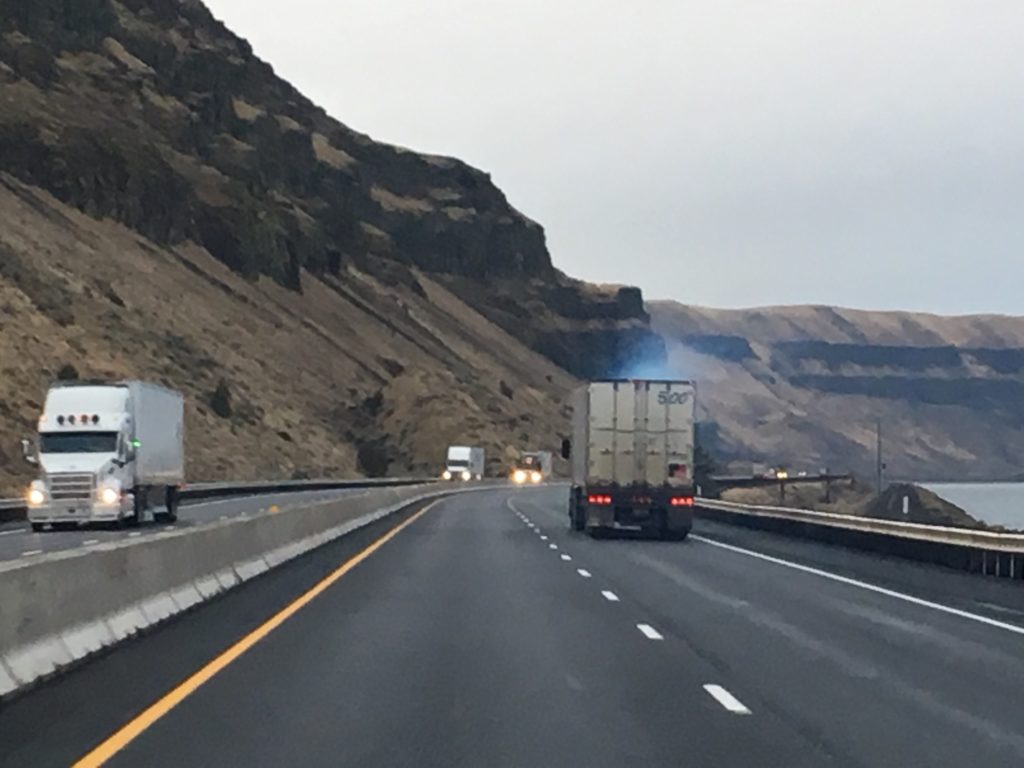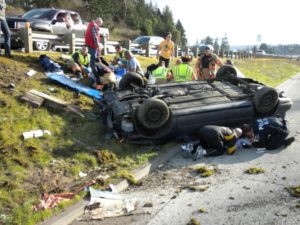Truckers are supposed to be professional drivers.
I know this because I’ve worked on truck crash lawsuits for more than 30 years. Yet, the lawyers on the other side—the insurance company attorneys— almost always object.
They accuse me of holding a truck driver to “too high of a standard.” They also regularly object to proposing that a jury consider a higher standard of care during a trial.
In response, I point out the required qualification of commercial drivers and the fact that they are indeed professionals.
What makes a trucker a professional driver?
What is a “professional”? Essentially, a person duly qualified in some field by virtue of special knowledge, experience and sometimes, a license.
A professional provides services in exchange for payment, in accordance with established requirements of licensing, ethics, procedures, standards of service and training/certification.
This definition matches up with the federal law for commercial drivers.

The minimum standards for commercial motor vehicle drivers
Commercial vehicles, most commonly semi-trucks and trailers, can only be operated by drivers with commercial drivers licenses (“CDL”), who meet the federal regulation qualifications.
The federal regulations provide a minimum standard for determining the qualifications of a driver. 49 C.C.R. sec. 391.1. Specifically, a driver is qualified to operate a commercial vehicle if they meet the following criteria:
- Is at least 21 years old;
- Can read and speak the English language sufficiently to converse with the general public, understand highway traffic signs and signals in the English language, to respond to official inquiries, and to make entries on reports and records;
- Can by reason of experience and/or training operate safely a commercial vehicle;
- Is physically qualified;
- Has a valid CDL;
- Has completed the driver’s application for employment and provided a list of moving violations and collisions;
- Is not disqualified under any federal regulation; and,
- Has successfully completed a road test.
These are simply the minimum standards that allow a driver to get behind the steering wheel of a semi-truck.
Professional skills and knowledge
Once the minimum qualifications are met, a commercial driver is required to have the requisite skill and knowledge to operate a commercial vehicle safely. 49 C.F.R. sec. 383.110
Specifically, a commercial driver must have the following knowledge of:
- safety regulations;
- commercial motor vehicle safety control systems;
- safe vehicle operations and control;
- the relationship of cargo to vehicle control;
- vehicle inspection procedures;
- minimal hazardous materials knowledge; and
- air brake operations and control. 49 C.F.R. sec. 383.111
In addition, as you would expect, a commercial driver must be familiar with the proper manner of securing cargo and must be able to properly secure any cargo transported. 49 C.F.R. 391.13
These qualifications and requisite skills and knowledge set commercial drivers apart from those of us who only drive personal vehicles.

Let’s agree that commercial truckers are professional drivers
As with any profession, some truckers are very good at their job … and some are not.
Being a good truck driver requires knowledge, driving skill, strong character and good physical and mental health. Commercial semi-trucks and trailers are getting bigger and heavier, and they can cause serious damage.
The best professional drivers understand that the choices they make can have dire consequences. They understand how their vehicles can injure and kill people, and they take their jobs seriously.
Like professionals.
The laws referenced can be found in the Code of Federal Regulations.
For a more thorough explanation of these federal trucking laws, see the FMCSA regulations and interpretations.
 It’s not a “truck accident”.
It’s not a “truck accident”.
Most “accidents” are not accidents at all: they are predictable, preventable crashes. Here’s why we think it’s time to change the way we think—and speak—about driving.

 It’s not a “truck accident”.
It’s not a “truck accident”.


One Response
There are no more professional drivers. I’ve been driving for over 20 yrs. Have my own truck, just because someone has a class A license doesn’t mean they are a professional,